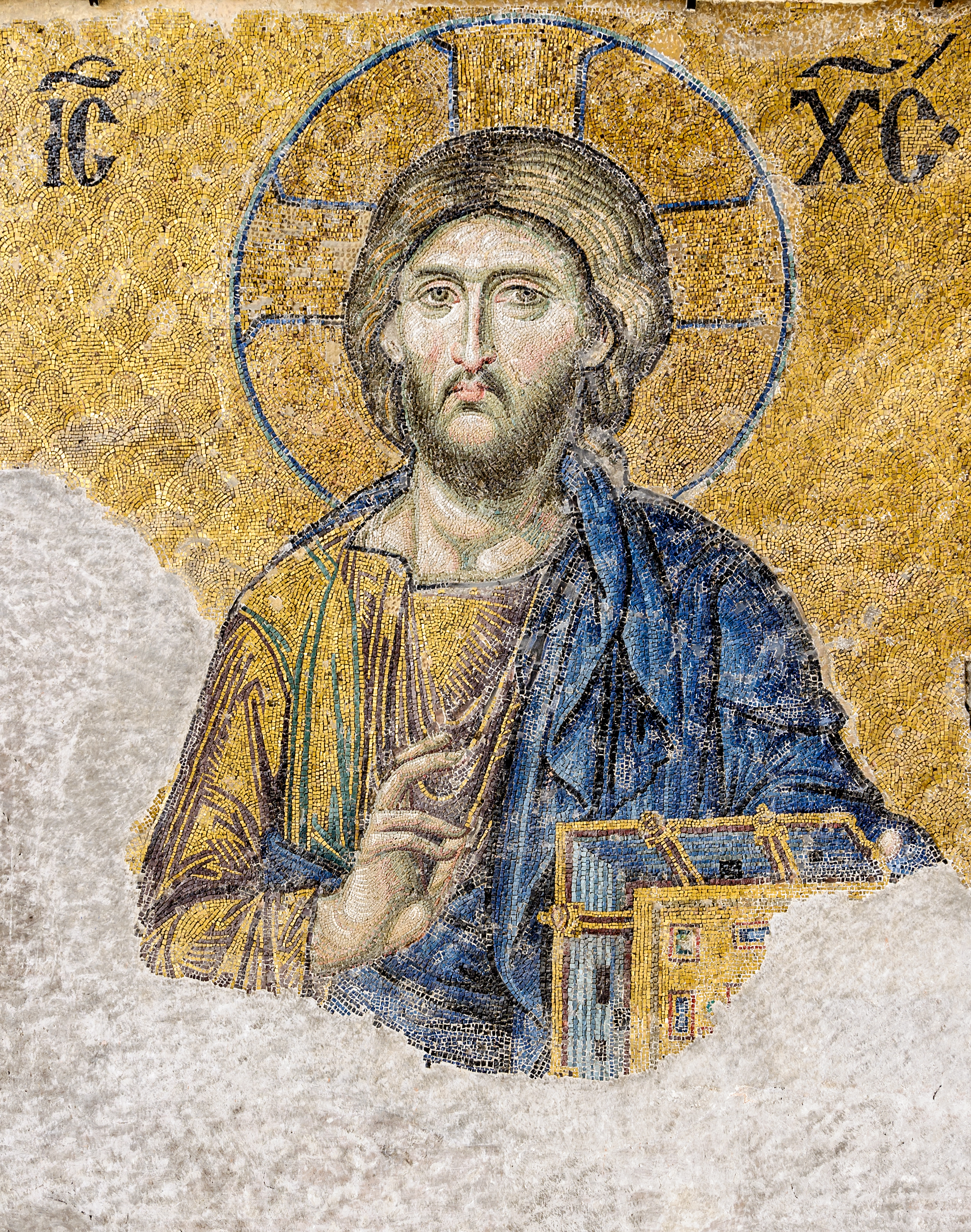
Francis isn’t interested in purging the church for the same reason St. Paul isn’t interested in it. When St. Paul speaks to the Corinthians, he doesn’t tell this passel of screwed-up Christians who are sleeping with their stepmothers, getting drunk at Mass, taking each other to court, denying the Resurrection, and dissing him as a fake apostle that “you’re not real Catholics.” Instead, he insists that even the dopiest of the Corinthians are real Christians.
In short, instead of kicking people out, Paul cries “become what you are!” One of the mythic expectations inexplicably attending gentle and sweet Pope Benedict was the notion of a “Coming Benedictine Purge” where many Catholics on the right dreamed he was going to start kicking people out of the church. But that was never going to happen. And now, under this Pope, that has been confirmed beyond all doubt. What Francis wants is for all of us to accept each other with the all-embracing love of God—which is certainly a challenge for me, because the people he wants me to love and forgive are not people I would normally be eager to embrace.
For me, he’s challenged me to think and live in new ways, to ask myself new kinds of questions about how I spend my money and what I’m doing about the poor, weak and vulnerable around me. To be sure, that includes the very old and very young our culture of death wants to kill. But it increasingly includes others to whom I have been blinded in the past by the reduction of the five non-negotiables to the Only Five Things That Matter. How am I responding to Iraq? How am I responding to what’s happening at the border? What about families being destroyed by gross income inequality? Those are questions that would not have occurred to me 10 years ago because I considered everything other than the five non-negotiables to be matters of prudential judgment—and I took prudential judgment to mean “feel free to ignore the church if it threatens your political ideology in some way.” But I’ve learned in the past 10 years that prudential judgment doesn’t mean I can just blow off anything from the church that isn’t prefaced by “Simon Peter says.” We’re called to be docile to the church so that unless we can give a really good reason why the church’s guidance is absolutely immoral, we should try to do what the church asks even on things which aren’t absolutely essential. We should try to obey the church and the mind of Christ as much as we possibly can. That’s the point of the story of the rich young man in the gospel. Marriage is another example. If a married person asks “what’s the least I can do for my spouse and still call it a valid marriage,” that marriage is already in trouble. Real love never asks “what’s the least I can get away with doing?” It always asks “what’s the most I can do?” That’s what Francis is asking us to consider. What’s the most I can do to love you, Lord Jesus? It’s not about doing the minimum daily requirement to live as selfishly as I can and still squeak into heaven.
Mark Shea
